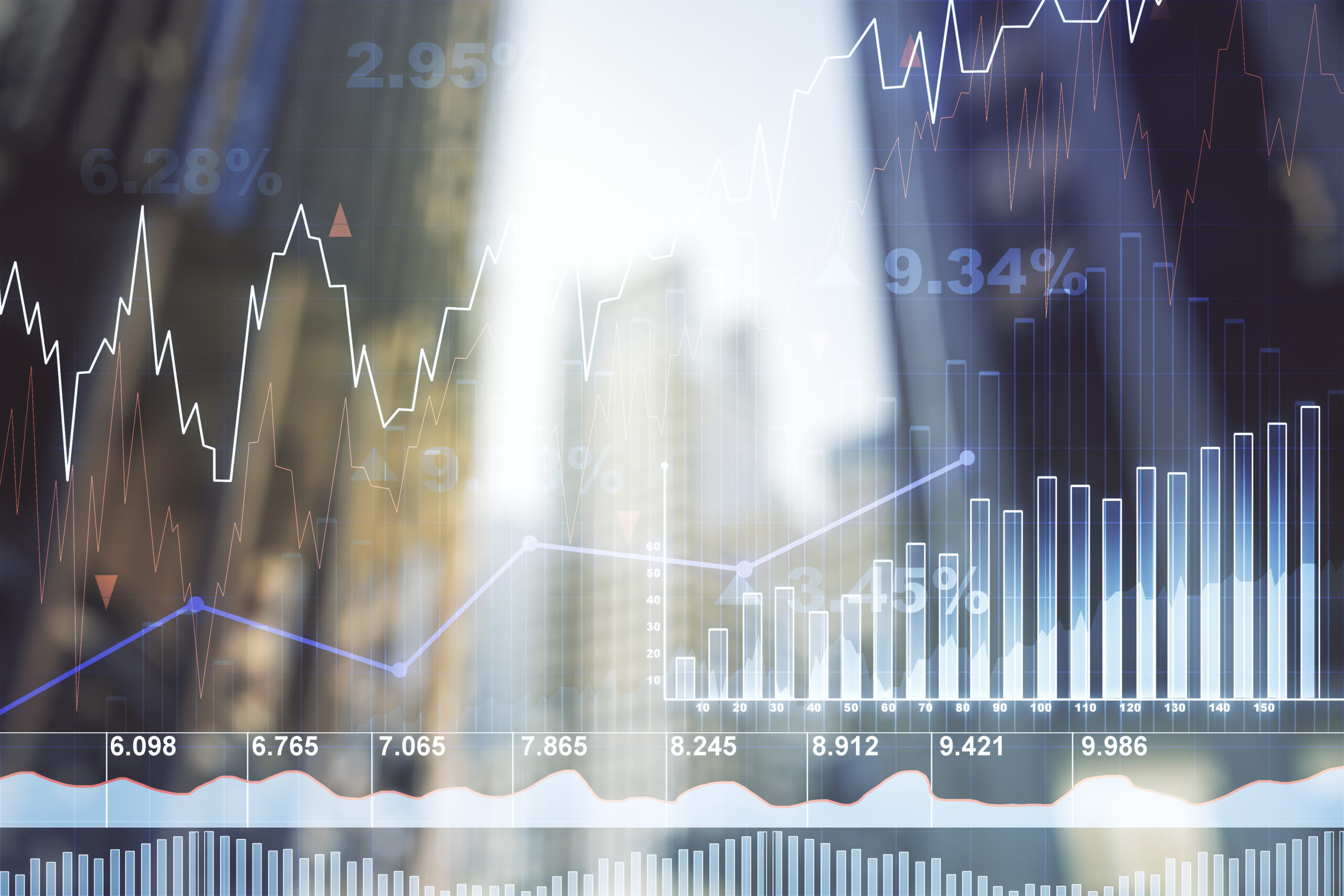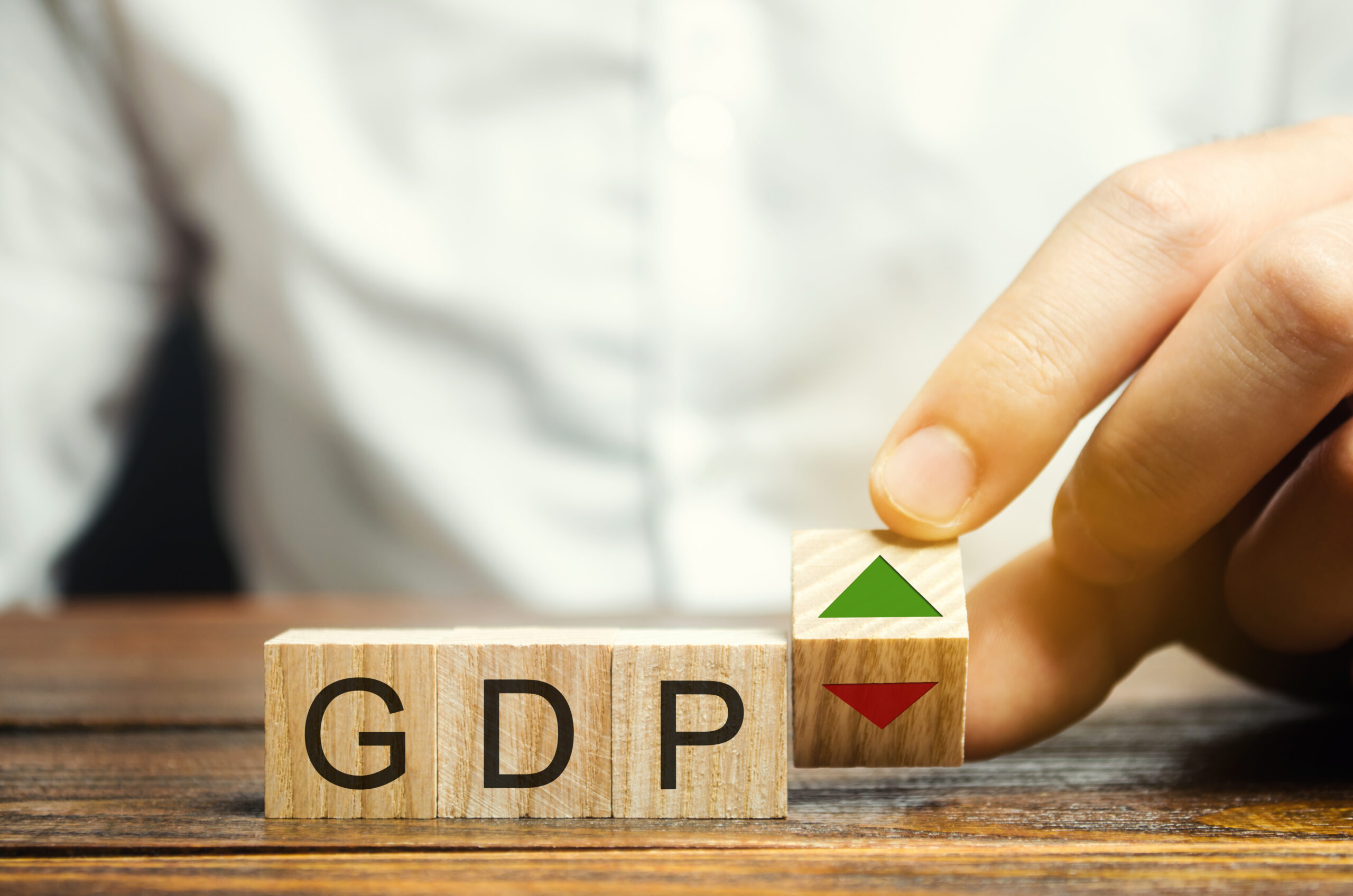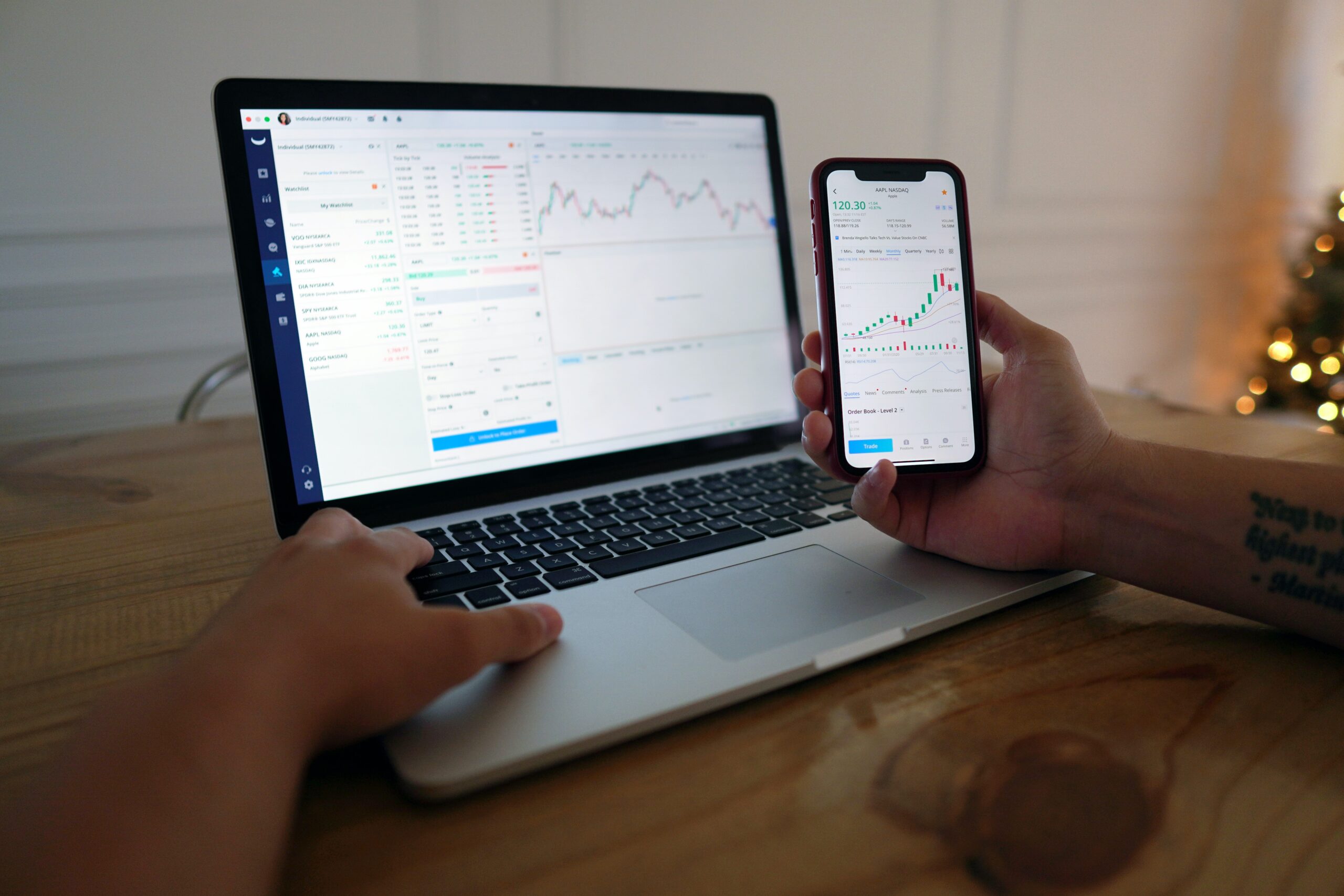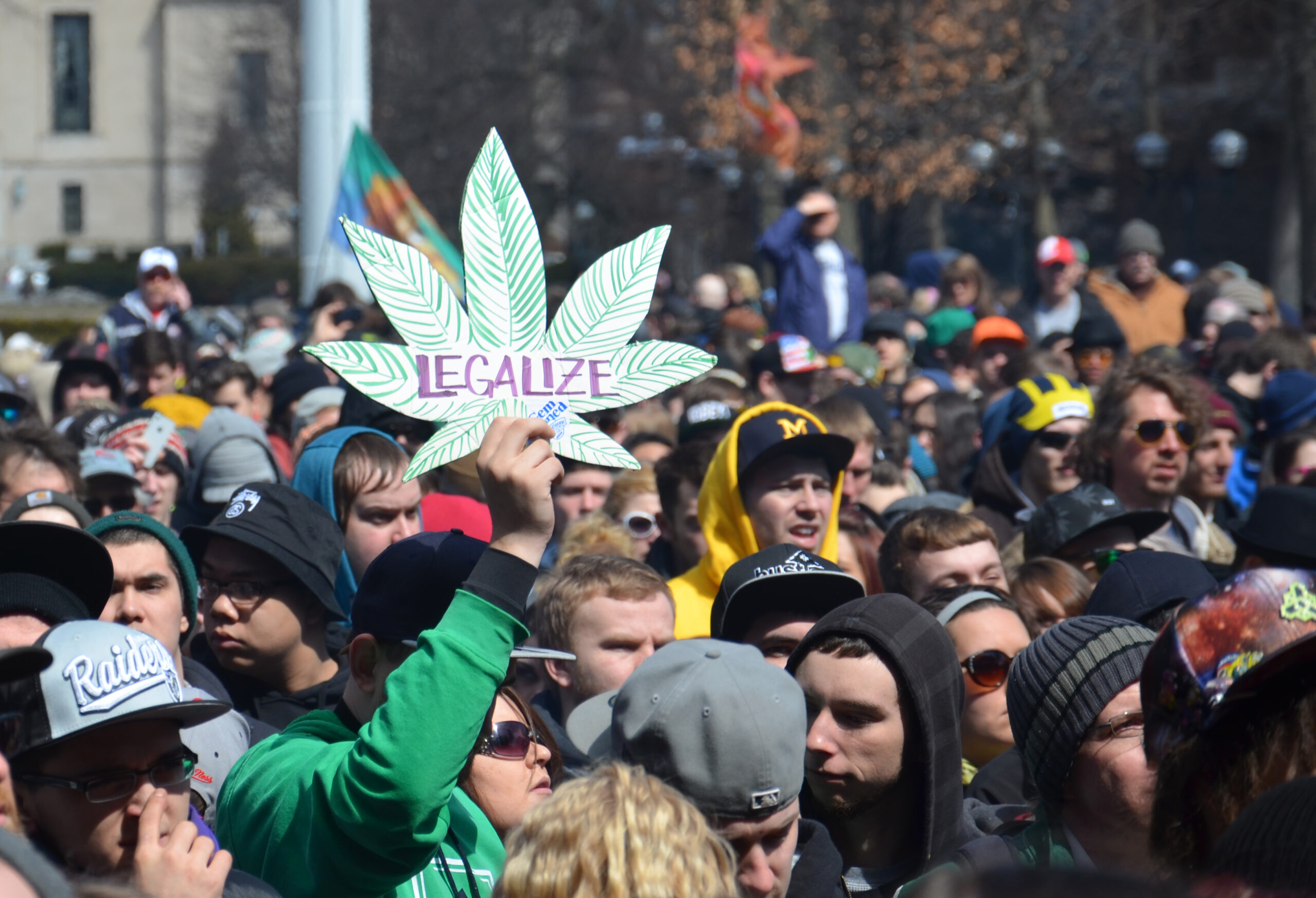The Implications of COVID-19 For Inflation and Its Measurement
By: Maximus Hamilton Amidst the enervating pandemic our country has dealt with the past year, numerous changes have taken place, not only in the social realm, but in the scope of our economy as well. Without question, the COVID-19 pandemic has drastically altered consumer spending habits and patterns. With the…









